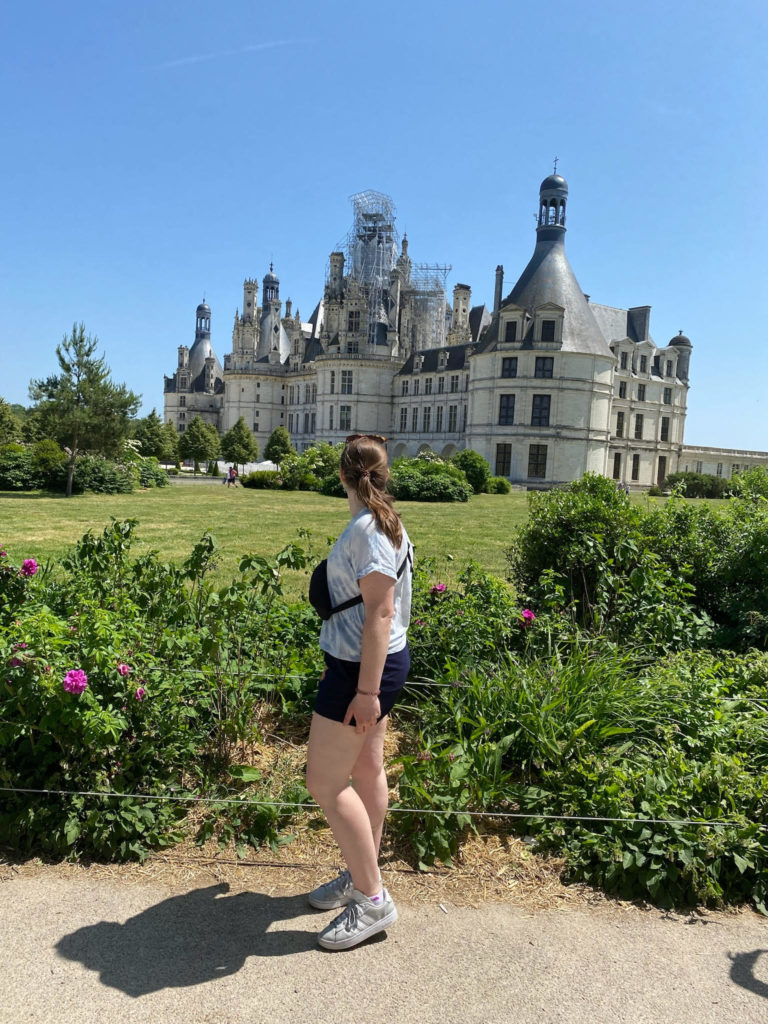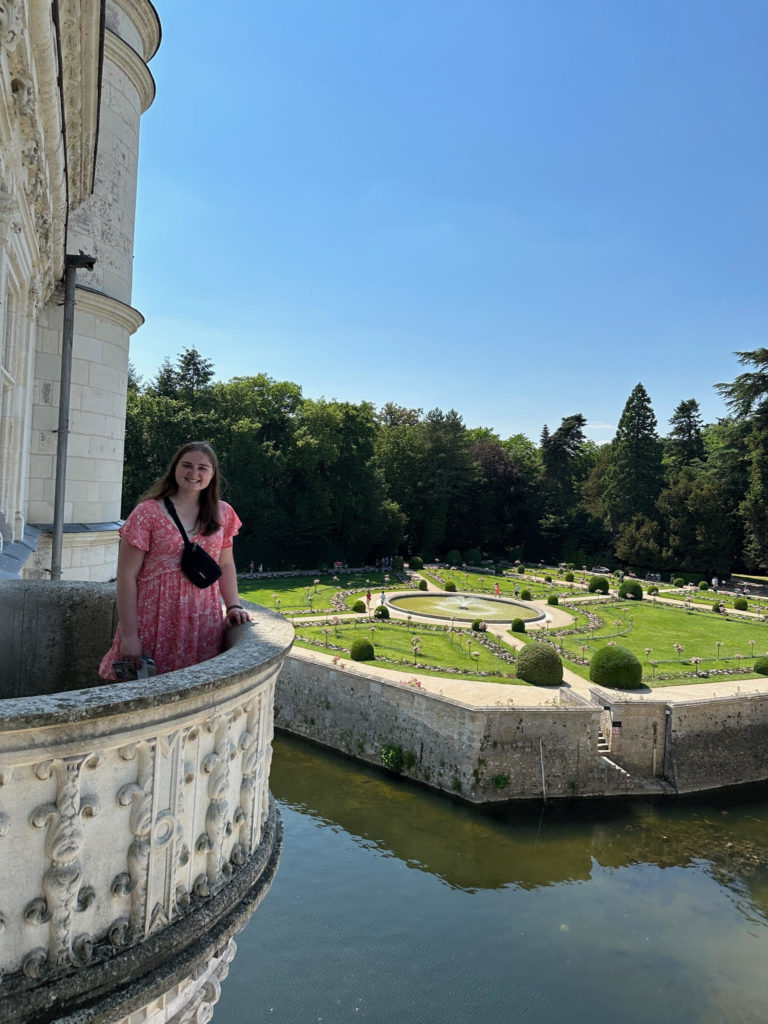
This summer I spent roughly seven weeks in Georgia from the largess of the Notre Dame SLA grant, the Nanovic institute, and the Russian department. Georgia is an ancient land. It was one of the first countries to christianize, and has been at the crossroad between larger empires for millennia. Nestled amidst the foothills and valleys of the Caucuses, Georgia has preserved its unique culture amidst a tempestuous past. Some speculate that it was here amidst the verdant foothills and sloping broad valleys of the Caucuses that fermented grape juice would be first processed and drank. Wine has become central to Georgian culture, and this sense of merriment continues through piquant Georgian cuisine and all palatable potables.
During an initial three day sojourn in Tbilisi, I was met with breathtaking views, lavish dining, and an unforgettable wine tour in Georga’s Kakheti region. By train I carried on towards the black sea coast and arrived in the subtropical port of Batumi, where I met my wonderful host family. There were eight people living in the three bedroom modest Brezhnevka apartment, and while sharing one bathroom was hard they were all very hospitable, friendly, and warm to my stay.
Georgian cuisine was impeccable (especially for somebody who loves warm bread, cheeses, and meats) and I was made two meals a day from my lovely host Babushka named Leila. I was further regaled with the homemade “cha cha” (Georgian moonshine) many a night. In Batumi I partook in a Russian language immersion program that was both a part of my academic plan and of immense personal interest. Class met four hours each weekday, supplemented by language partner practice. My partner was a married woman fleeing Kherson, Ukraine and working in Batumi while her husband was a sailor. My linguistic skills have greatly increased. Moving into a completely non-English speaking environment was a shock therapeutic experience for bolstering my language skills, but upon reflection I have improved my Russian alot.I was taught by primarily Ukrainian teachers and the class was quite rigorous, but I have come off with a much better grasp on conversational Russian. After class each day I would also take time to explore the city. It helped that the numerous cafes I frequented were run by either young Russian or Ukrainian emigres to Batumi who have come since the war’s inception, as I got great practice. Although I did adjust culturally and grow, there was little need to as the hospitality of Georgia was so resplendent and welcoming I always felt at home.
The streets of Batumi were always vibrant, with babushkas vending old items and old men gambling at backgammon on the sidewalk. Georgia is also very safe and children would play on the streets until 2am at night. I was very surprised by the quantity of American products in this small caucasian country that held the world away. The Republic of Georgia does not host the teeming throngs of American tourists that crowd the cities of Western Europe every Summer. Few Americans visit Georgia, and it is much more frequented by Russians, Turks and other tourists coming from regional caucasian countries and the Middle East. Moreover, few Georgians have ever been to America, and even less emigrate to America. However, many of our ubiquitous products and brands reach across the ocean and sea and find themselves in many family homes. I was also interested in the cultural and political circumstances I heard about through the talk of locals, in particular about the future of Georgia. Georgia has been pursuing greater ties with the west and in many street corners the EU flag is flown beside the Georgian flag. This orientation towards the west is reflected by the hopes among the country’s young and progressive voters to pursue greater ties with Europe and join the EU, and many young people are more curious about America and American culture. Talking with so many emigres from the War was really eye opening and led me to value the stories of these people I met much more than the news reports of the conflict that are constantly discussed back home.
The excursions were also amazing. Georgian nature is breathtaking, and the program I took part in offered extrusions to Svaneti high in the caucasus mountains, the botanical gardens of Batumi, and cooking/dancing courses. Reflecting on my time there I would say I did meet my goals of reaching a more proficient comprehension and speaking level of the Russian language. I would highly recommend going to Georgia for anybody who enjoys: Food, culture, hearty conversation, nature, the post Soviet world and more. Georgia has something for everyone, and I will never forget my seven weeks there.



